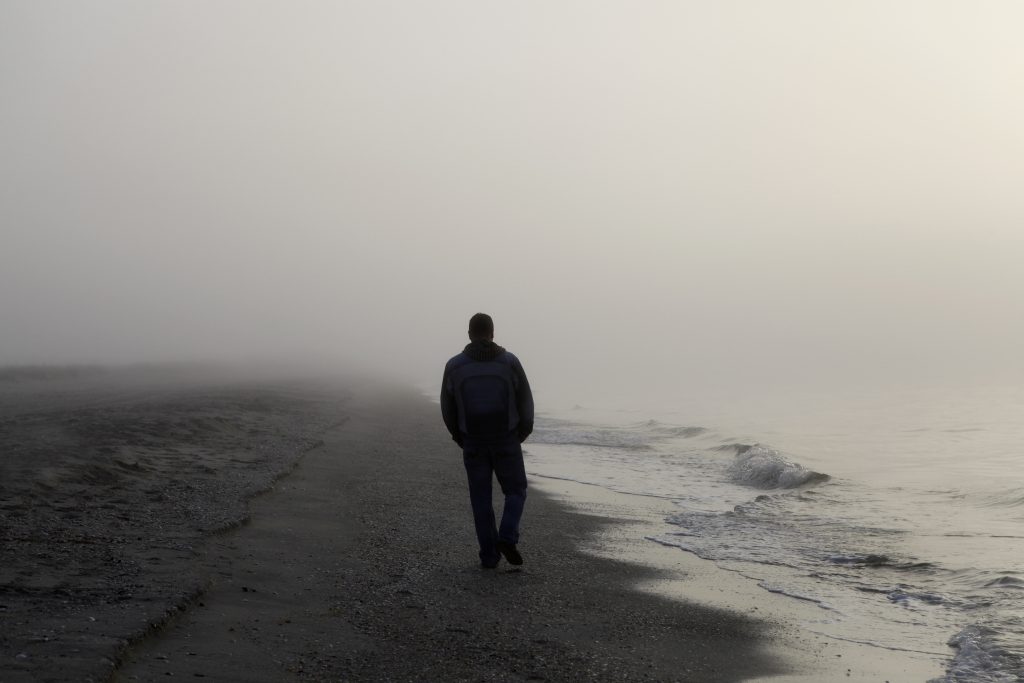“Adapting to sea level rise is hopeless”
“It just seems like adapting to sea level rise is hopeless” the architect said to me in a quiet voice. I had just presented to a few hundred of his Florida colleagues at their annual conference, Saturday in Jacksonville.
He had lingered in his front-row seat, while the room emptied. He was literally looking down and seemed very down, yet clearly wanted to connect with me. In a troubled tone, he continued:
“John: I have read your book, and read your blog. You explain it all very well, but I think you are too positive about this. The idea that Florida can adapt to six feet of sea level rise, even in a hundred years, seems impossible. It’s not only the hundreds of thousands, or even millions of buildings, it’s the infrastructure. I don’t see any sign that we are addressing this, given the scale of the problem. I don’t think there’s anything I can do. It is depressing.”
Wow. Honest words. Heartfelt. I stood silent for a few moments. With real sincerity, I responded with several points:
- I truly understand that this is an overwhelming problem, and easy to become depressed.
- If we have children or grandchildren or simply care about our legacy to future generations, we have no choice but to try.
- It is a moral and ethical issue.
- The melting ice and rising sea do not really care about our challenges. The fact is the sea will rise, and we will adapt. It is not optional. The question is, when do we begin to plan, design, and build for the new reality.
He seemed to process this, but understandably was still doubtful. I added:
- This will not be easy. It will not happen in a year or two. In fact, I think it may take an entire generation or more, but the sooner we get started, the better.
- This is a really tough message, but it is reality. We need to see it as the ultimate challenge.
- Architects should be the leaders. It may take a few years for your profession to fully embrace this. The first step is to educate others, just as I am doing. You can carry the message farther, to friends, colleagues, neighbors and elected officials.
- If architects will not lead, then who will?
Finally, I said:
- What’s the alternative? Give up? It will just be worse.
- Let’s remember that adversity often brings out the best in us. When our back is against the wall, we do incredible things.
Though still very somber, he had a hint of a smile, nodded and left the room.
While his comments set me back, I appreciated the honest feedback. It is really important that I walk the fine line between education and inspiration on the one hand, and realistic expectations on the other. It brought to mind one of the closing points that I made in my book, High Tide On Main Street, looking for the “silver lining” to the dark cloud of rising sea level. As I wrote in the last chapter:
One can at least imagine how rising sea level could challenge, galvanize, and inspire us. Possibly, it could give us an opportunity to grasp what is truly important at home, in our communities, our country, and on our planet. One of the most inspiring quotes of history was Sir Winston Churchill exhorting England to do what was necessary to prevail against the Third Reich. Churchill’s words are surprisingly fitting to this issue and context:
If we fail, then the whole world… including all that we have known and cared for, will sink into the abyss of a new Dark Age…. Let us therefore brace ourselves to our duties, and so bear ourselves that, if [we*] last for a thousand years, men will still say, ‘This was their finest hour.’ [ * “we” replaces ‘the British Commonwealth and Empire’ in the original context]
Could this battle be our finest hour? Could the reality of rising sea level, destroying trillions of dollars in real estate and displacing millions of people worldwide, be a vehicle to change course?
Re-reading that passage nearly six years after the book was first published, it still rings true to me. And, as I reflect on my conversation with the architect, another quotation, comes to mind. “It’s far too late and things are far too bad for pessimism.” (Dee Hock)

